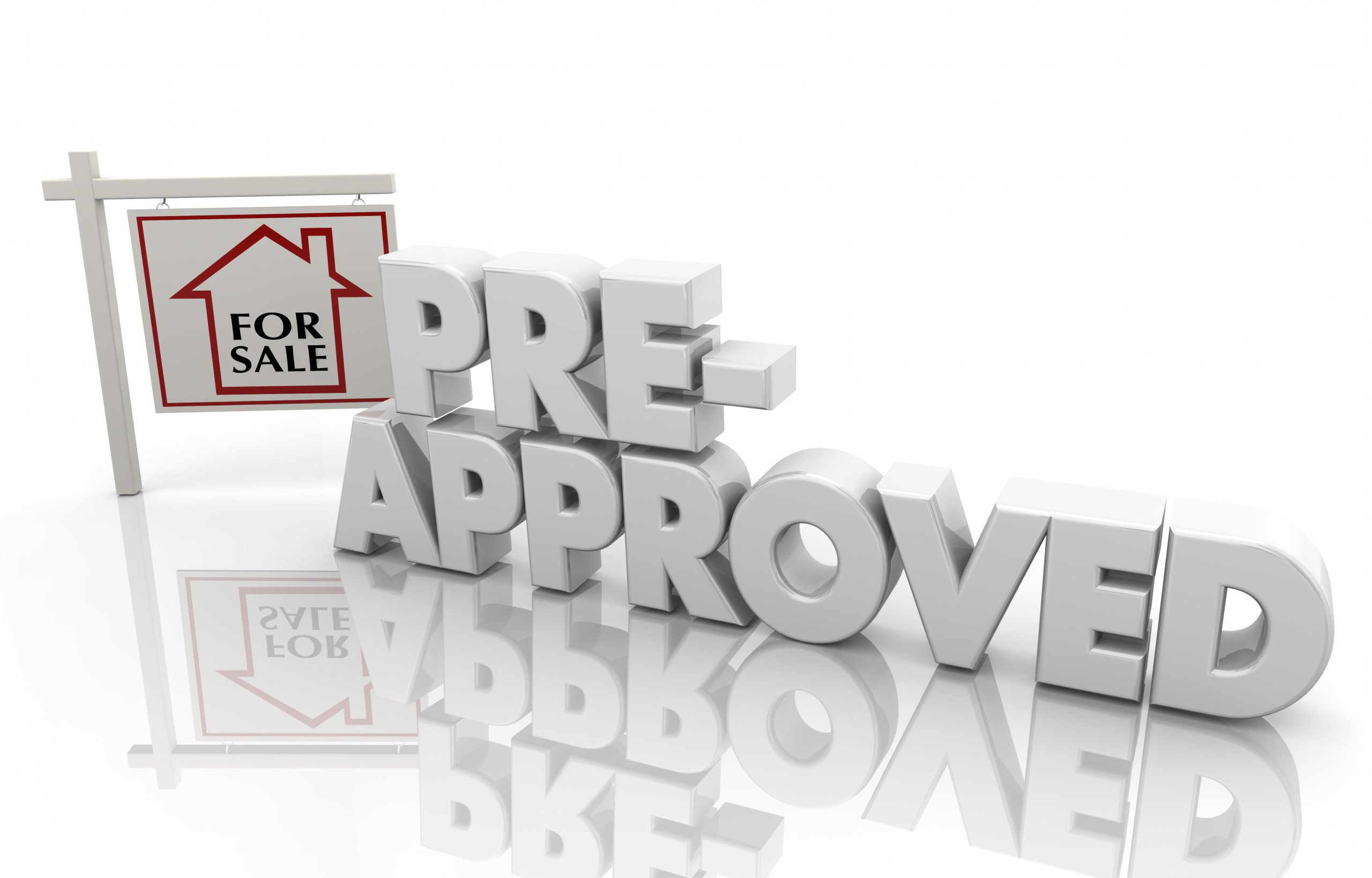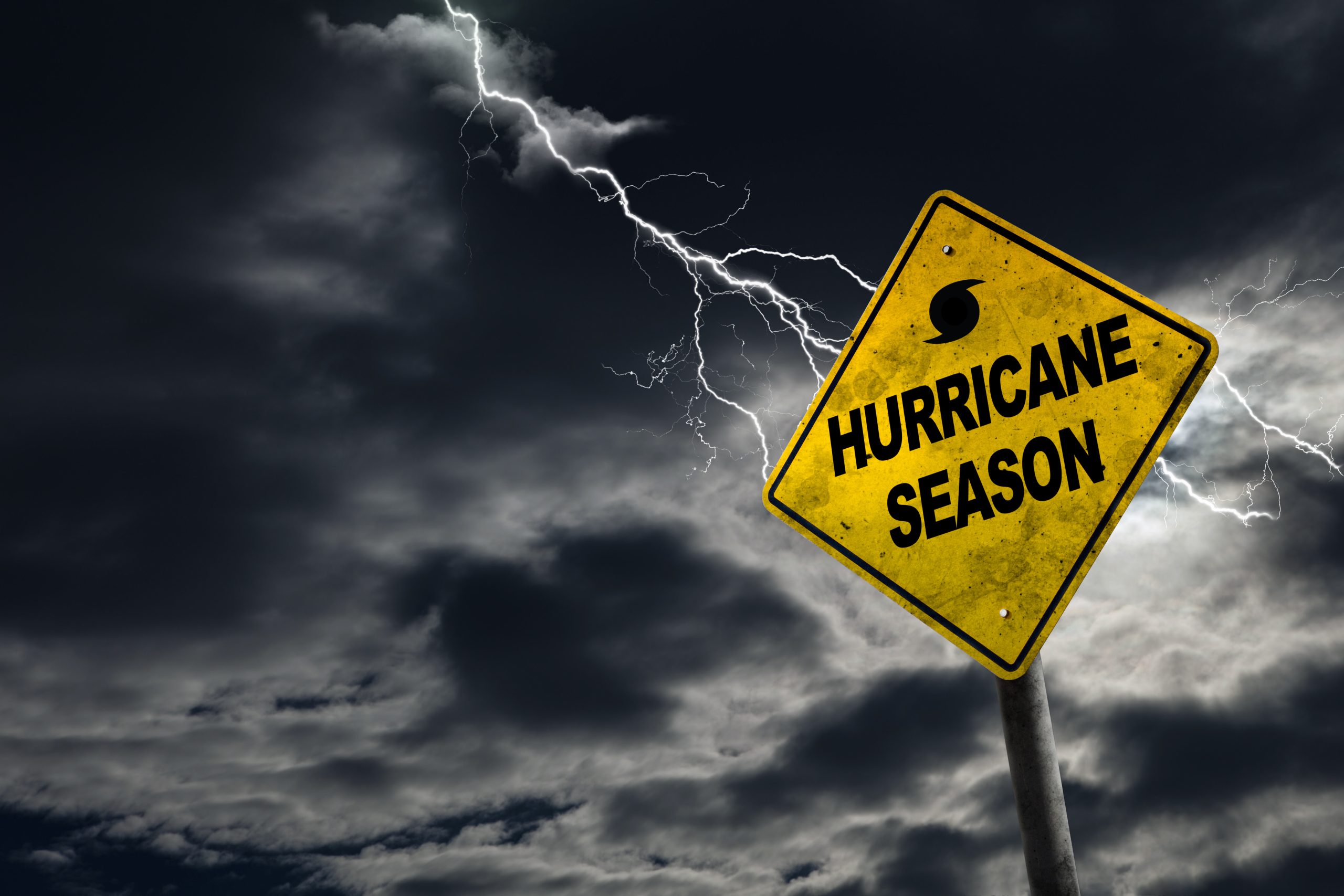Buying a home is one of the biggest financial decisions you’ll ever make—and while it’s…
How Down Payments Affect Your Mortgage
When you’re ready to buy a home, one of the first big financial questions you’ll face is: how much should I put down? At Rapid Home Loan, we know the down payment isn’t just about upfront cash—it plays a major role in your loan options, monthly payments, and long-term savings.
Here’s how your down payment can shape your mortgage—and how to make the right decision for your financial future.
What Is a Down Payment?
A down payment is the portion of your home’s purchase price that you pay upfront, out of pocket. The rest is financed through your mortgage. For example, on a $300,000 home, a 10% down payment would be $30,000.
1. It Affects Your Monthly Payment
The larger your down payment, the less money you need to borrow. That means:
-
Lower monthly payments
-
Lower total interest paid over time
-
Potential access to better loan terms
At Rapid Home Loan, we often show buyers how a slightly larger down payment can reduce their monthly payments significantly, which makes budgeting easier and builds equity faster.
2. It Can Eliminate Private Mortgage Insurance (PMI)
If your down payment is less than 20%, most conventional loans will require you to pay PMI—an added monthly fee that protects the lender in case of default.
Here’s what that looks like:
-
5% down: likely to require PMI
-
10% down: smaller PMI cost
-
20% down: no PMI needed
Even if 20% feels out of reach, Rapid Home Loan can walk you through low-down-payment options that keep your PMI as low as possible—or help you eliminate it faster.
3. It Expands Your Loan Choices
With a larger down payment, you may qualify for a broader range of loan types and better rates. But even smaller down payments can open doors—especially through FHA, VA, or USDA loans that are designed for specific buyers.
Examples:
-
FHA loans: As little as 3.5% down
-
VA loans (for veterans): Often 0% down
-
Conventional loans: Can start at 3–5% down
At Rapid Home Loan, we help you compare these programs to find what fits best with your budget and goals.
4. It Builds Instant Equity
Equity is the value of your home that you actually “own.” A higher down payment means more equity from day one, which can:
-
Make refinancing easier
-
Help with future home improvements
-
Act as a buffer if property values drop
5. But It’s Not Always Best to Go All-In
While a bigger down payment has benefits, it’s not always the right move. If putting more down would leave you with little savings, it might be smarter to keep some cash on hand.
At Rapid Home Loan, we help you balance your mortgage with your full financial picture—not just the loan. Sometimes, a smaller down payment with manageable monthly payments makes more sense than stretching your finances too thin.
Final Thoughts
Your down payment is one of the most important financial decisions you’ll make when buying a home. It affects your monthly payment, interest rate, loan options, and long-term financial security.
At Rapid Home Loan, our goal is to guide you through your best options—whether you’re putting 3% down or 30%. Let’s find the mortgage that fits your budget and helps you build a strong future.





